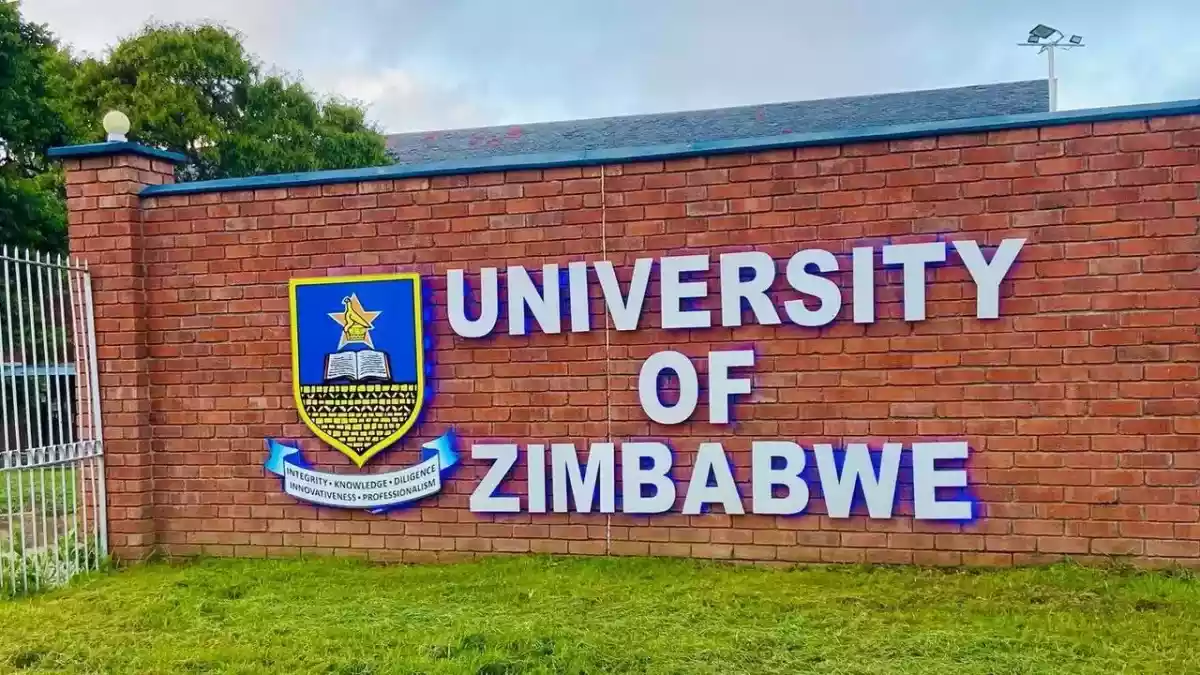
UNIVERSITY of Zimbabwe lecturers have been demonstrating over low salaries and poor working conditions.
Lecturers are angry about the meagre salaries they are being paid, with some getting about US$250 and ZiG10 000 per month only.
Just a few years ago, junior lecturers used to be paid about US$2 500 per month.
The picketing by lecturers came weeks after news that President Emmerson Mnangagwa, who is the Chancellor of State universities, had agreed to gravitate lecturers’ salaries to the regional level.
That means lecturers’ salaries will compare well with their peers in the region.
What a splendid move if effected!
The President is said to have implored the Higher and Tertiary Education ministry to make sure 2025 is the year of commercialisation of student innovations at our universities.
The welfare of lecturers has, indeed, been a topical issue in the country with brain drain rearing its ugly head, particularly in the last three years.
- NoViolet Bulawayo’s new novel is an instant Zimbabwean classic
- Jah Prayzah, Zanu PF rekindles ‘lost love’
- Bank workers appeal to Ncube for tax relief
- Indosakusa marks 21-year anniversary milestone
Keep Reading
The use of police to muzzle disgruntled lecturers was a miscalculated conflict-resolution strategy when workers are struggling to make ends meet.
Motivation is key to service delivery and the realisation that human capital is the biggest asset of any organisation in the world should push responsible authorities to consider the plight of workers.
Known theories of motivation that include Maslow’s hierarchy of needs, McClelland’s theory of needs, Herzberg’s two-factor theory, Vroom’s expectancy theory, Achievement goal theory, Attribution theory, Incentive theory play a significant role in staff retention.
When we talk of brain drain, many think it is only the medical field that is affected, alas, higher education is in deep trouble as well.
Primary and secondary education has also faced numerous challenges in terms of worker turnover as a result of poor working conditions, poor remuneration and lack of incentives.
The country continues to bleed, with incessant loss of skilled personnel and if this continues unabated the quality of education in the country will be compromised.
Lecturers at colleges and universities are leaving the country en masse and action must be taken to eradicate this disease so that the country stops haemorrhaging.
The Higher and Tertiary Education minister, therefore, must move with speed to implement what the President said as lecturers cannot afford to wait any longer.
Media reports claim that at least 7 000 health workers have migrated to greener pastures in the last four years, with the United Kingdom topping the list of destinations.
Nurses, care workers, laboratory scientists, doctors, pharmacists continue to leave the country citing unbearable working conditions.
The fulminate economic policies made by the Finance, Economic Development and Investment Promotion ministry are strangulating businesses and it is imperative for the President to revisit some of them to save the country from total collapse.
Taxation has become a stumbling block to business, further fuelling poverty, with the vicious cycle persisting.
Can’t the Finance minister evaluate the impact of his policies on the general public?
The ridiculously low salaries paid to lecturers cannot sustain their families considering the fact that many of them are tenants who cannot afford the exorbitant rentals being charged by landlords.
The salaries are not pleasing at all and many people are suffering in silence as they fail to meet even 30% of their financial obligations.
It is sad that inflation continues to sky-rocket against stagnant salaries, threatening to completely annihilate buying power.
Government should appreciate the dedication and diligence exhibited by tutors who have chosen to remain in the country and not migrate to greener pastures.
These lecturers are the true pillars of our education system and it is, therefore, prudent to recognise them intrinsically and extrinsically if Herzberg’s two-factor theory is to have some meaning.
Can the Higher and Tertiary Education ministry promptly address the challenges bedevilling the higher education sector?
Are there no special non-monetary incentives to motivate our hard-working lecturers?
How can we boast of implementing Education 5.0 when we are being deserted by highly-skilled tutors under our watch?
The country has vast tracts of land which can be easily converted to residential land to benefit important personnel, alas land barons grab the land for personal aggrandisement, with most of them walking on the streets scot-free.
There have been numerous calls to arrest land barons, but it seems such calls coupled with prosecution have not been deterrent enough.
Where is our beloved Higher and Tertiary Education minister when the ministry is in turmoil?
- Johannes Marisa is a medical practitioner who is the current president of the Medical and Dental Private Practitioners Association of Zimbabwe.










